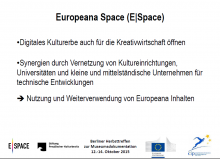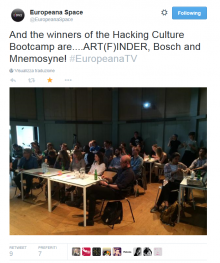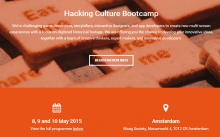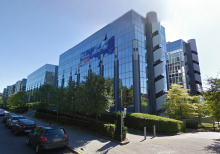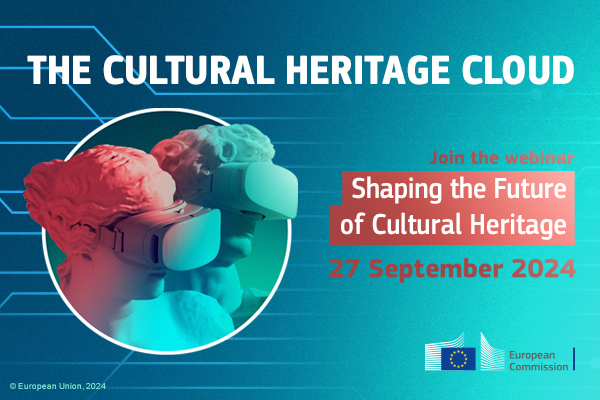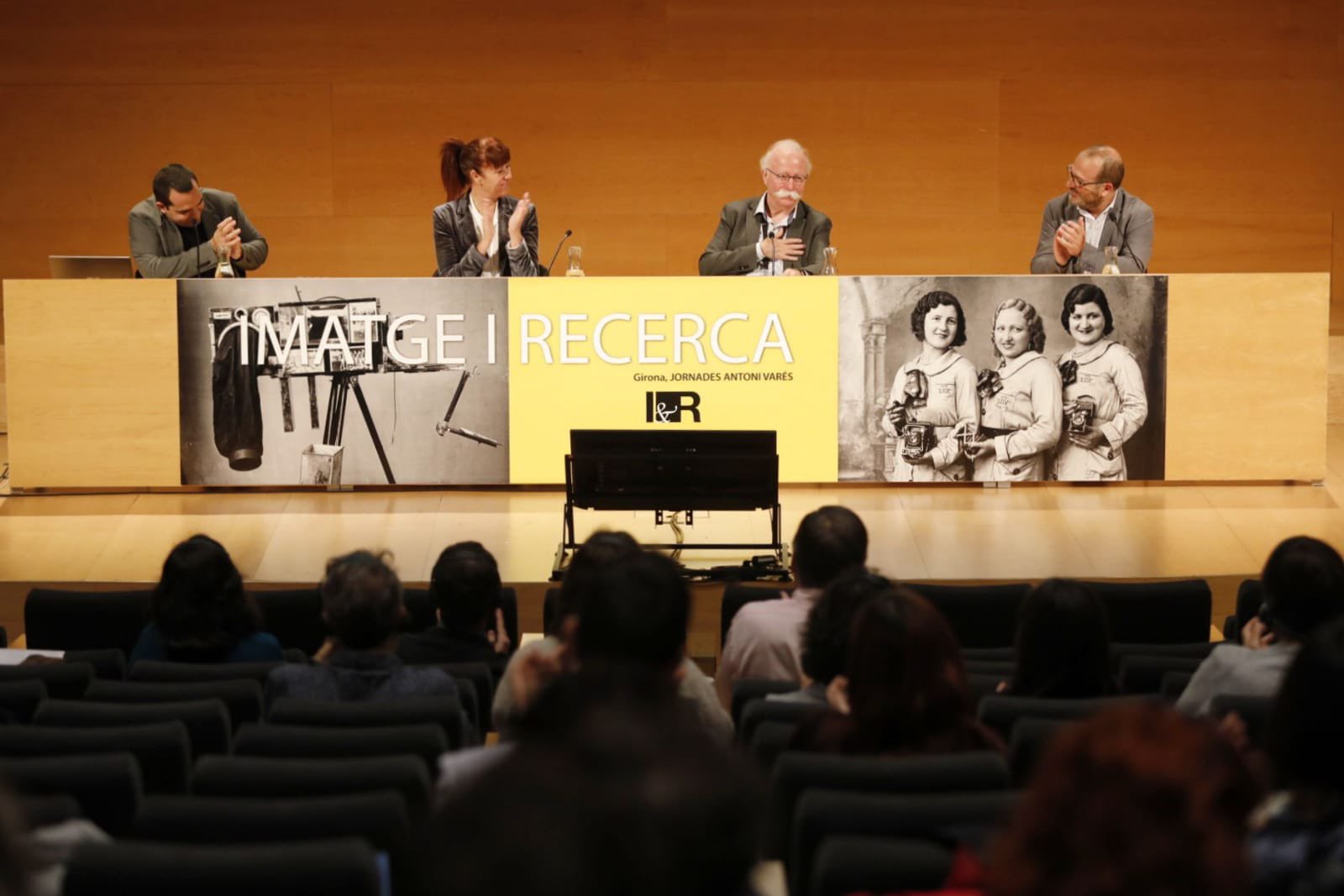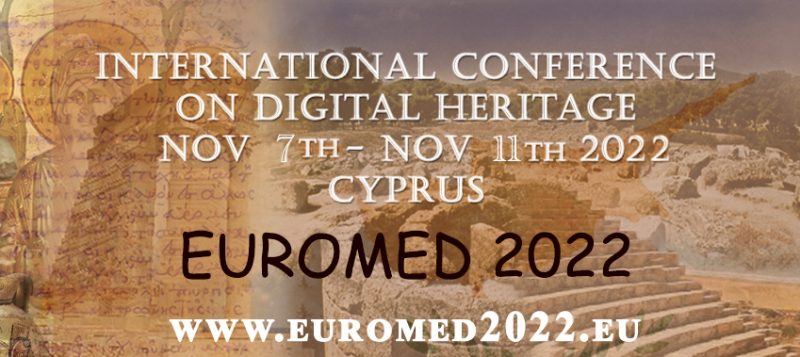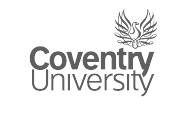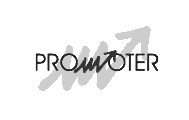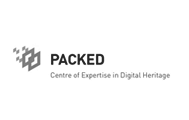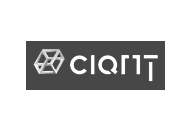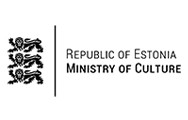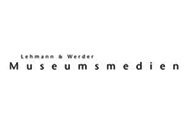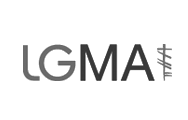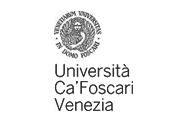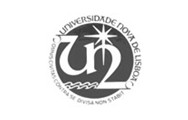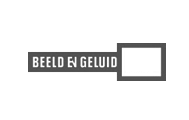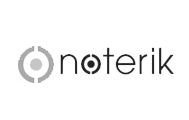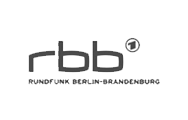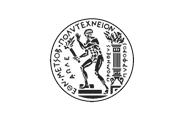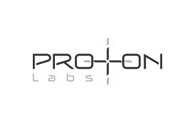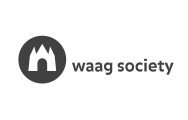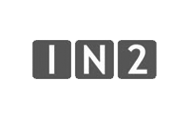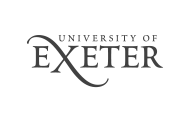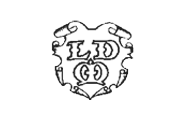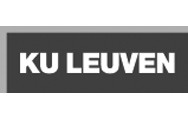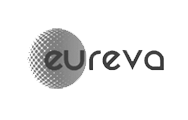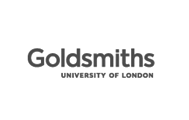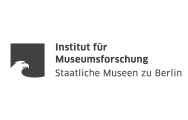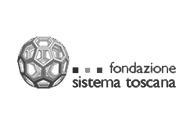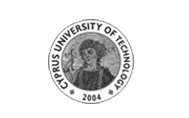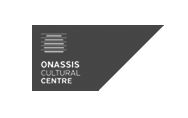As a part of Europeana Space educational work, for the creative re-use of digital cultural heritage also for teaching and learning, partner EVK developed a demonstrator based on high resolution imaging of the retable of Hermen Rode, the great masterpiece hosted in the Niguliste Museum in Tallinn.
Now the tool is used for an educational programme for kids from pre-school to twelve years old. The “Rode Altarpiece in Close-up” lesson plans is:
• Actively engaging, exploratory-creative
• Connecting (provides cooperation between various subject fields)
• Created for five age groups from pre-schoolers to the upper secondary school level
• Based on contemporary educational trends and connected to the national curriculum of the Republic of Estonia, and is adjustable to other curricula
The educational programme is based on scientific studies of the Rode altar retable and primarily showcases interpreting and conceptualising of historical sources to pupils of different ages. The educational programme is consistent with modern educational trends, and transfers students from factual learning to exploratory and creative learning integrating various subjects. The educational environment is extended beyond the classroom to a museum or the virtual environment of the Rode altarpiece science web in order to conduct the class and pass on knowledge. This provides substantial added value as the learning process can be based on directly analysing and interpreting the authentic source.
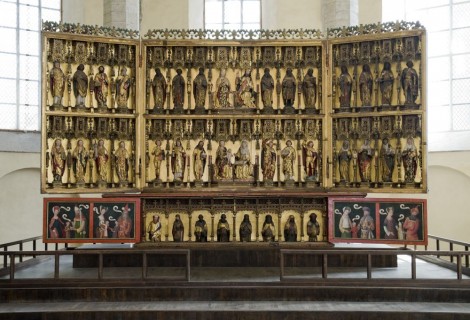
The focus and subject of assignments vary for each age group; each assignment can be adjusted for an age group one stage younger or older. The age groups are as follows: pre-schoolers, grades 1–3, grades 4–6, grades 7–9 and grades 10–12. Similarly to the various humanitarian and science fields involved in conducting scientific research, the developed study activities integrate different subjects: history, arts, religious studies, Social Studies, native language, mathematics, and chemistry. As an exciting and playful aspect, the children will operate as art detectives while solving the assignments. The used methods are based on active involvement of students and teach visual thinking, critical observing and analysing of historical pictures, conceptualising of depicted subjects from both historical and modern perspectives, and, based on this, analysis of self; the creative assignments also develop fine motor and art skills of the students. Each stage of the study activities uses a multimedia app as the starting point (the object of research and analysis) – younger students will be guided by their teacher and grade 7–9 students will conduct independent work.
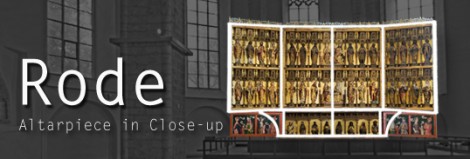
The assignment descriptions contain the topic of the class together with elaborating keywords, list of included subjects and compliance of the topic with the subject syllabi of the curricula, expected learning outcomes, overview of used methods, list of necessary materials and tools, descriptions of conducting the study activities, photo and video presentations, and recommendations for feedback and assessments. The assignments have been planned to be carried out on a test group during February–March 2016, this will be the basis for clarifications and improvements, if necessary.
E-Space for Education website: www.europeana-space.eu/education



